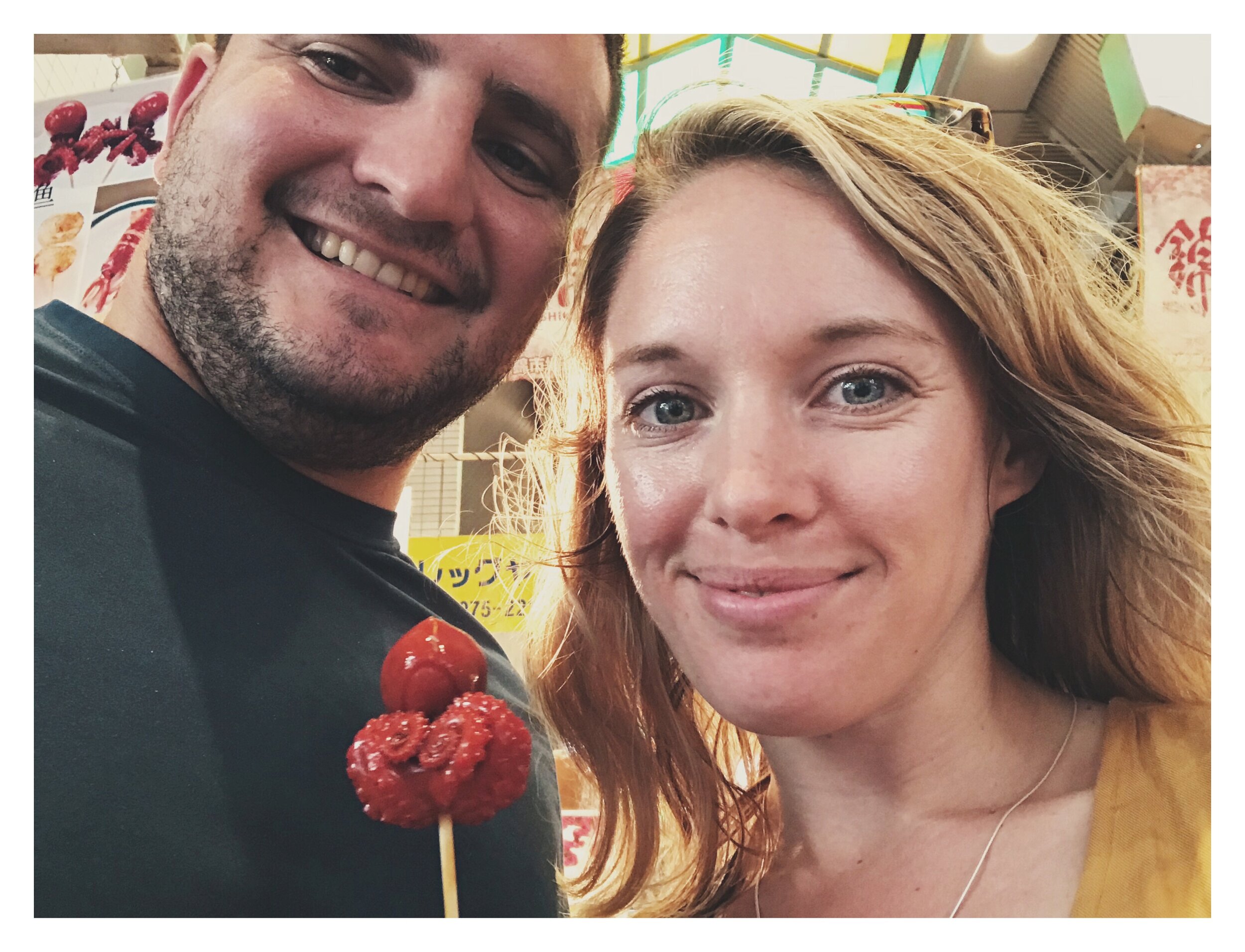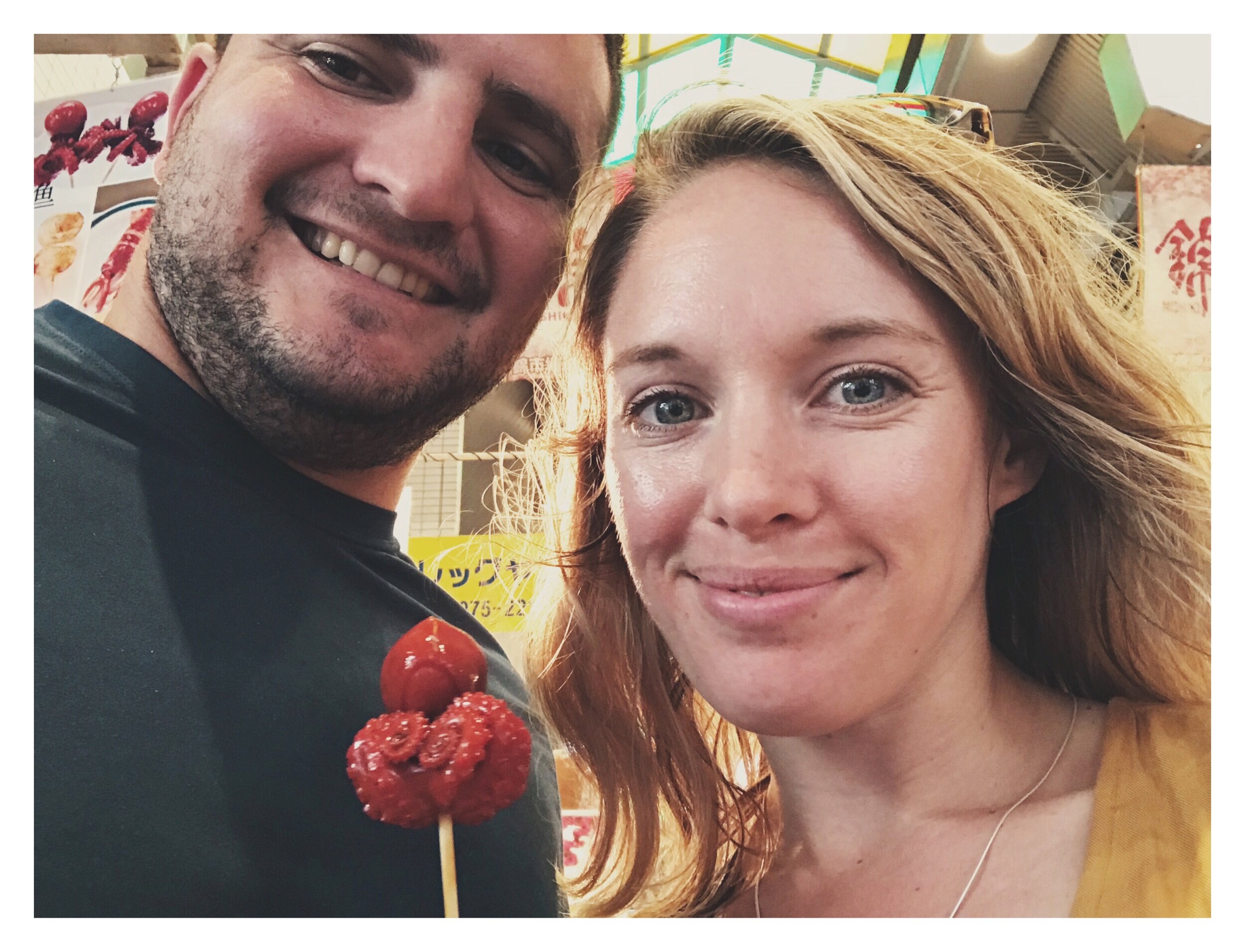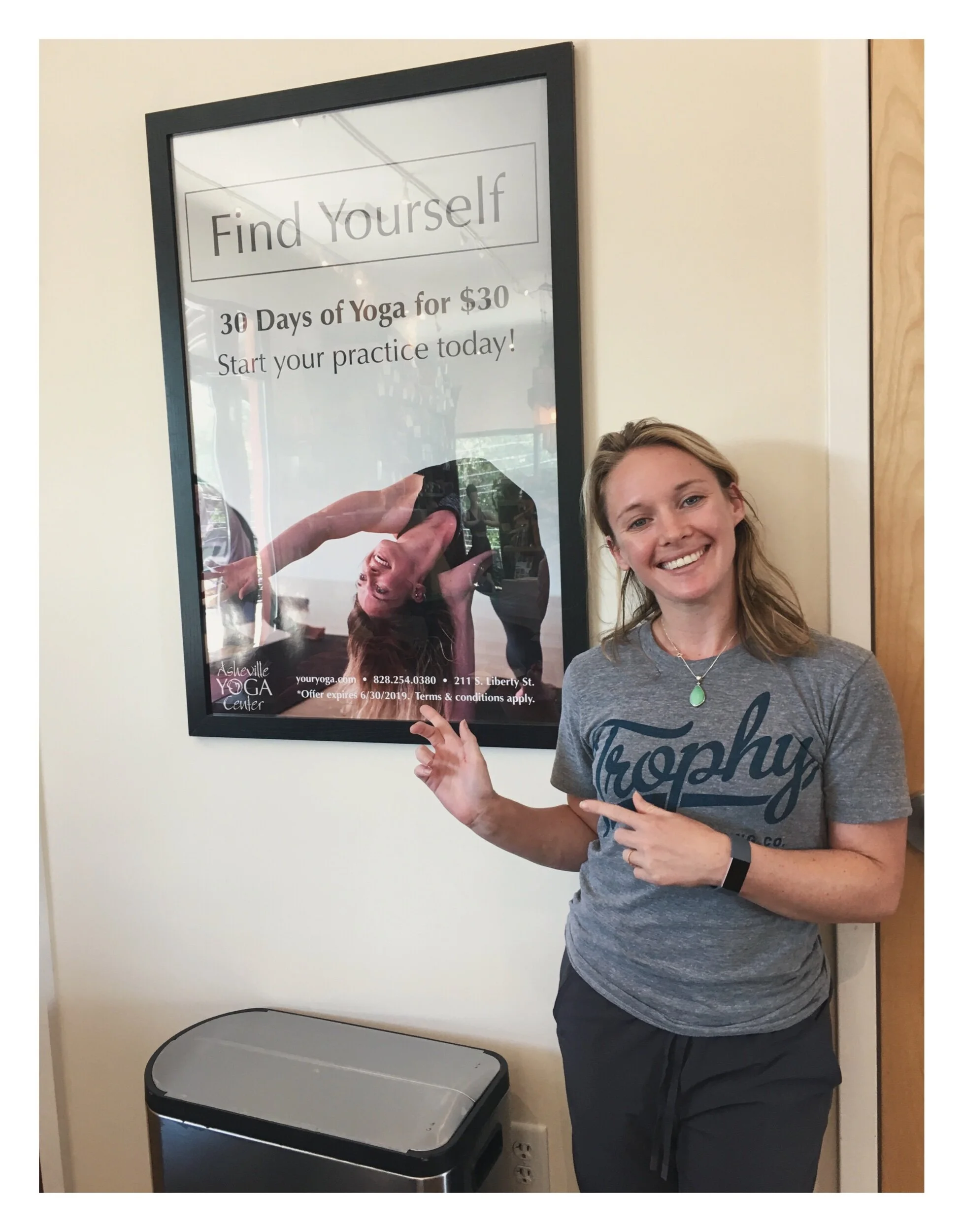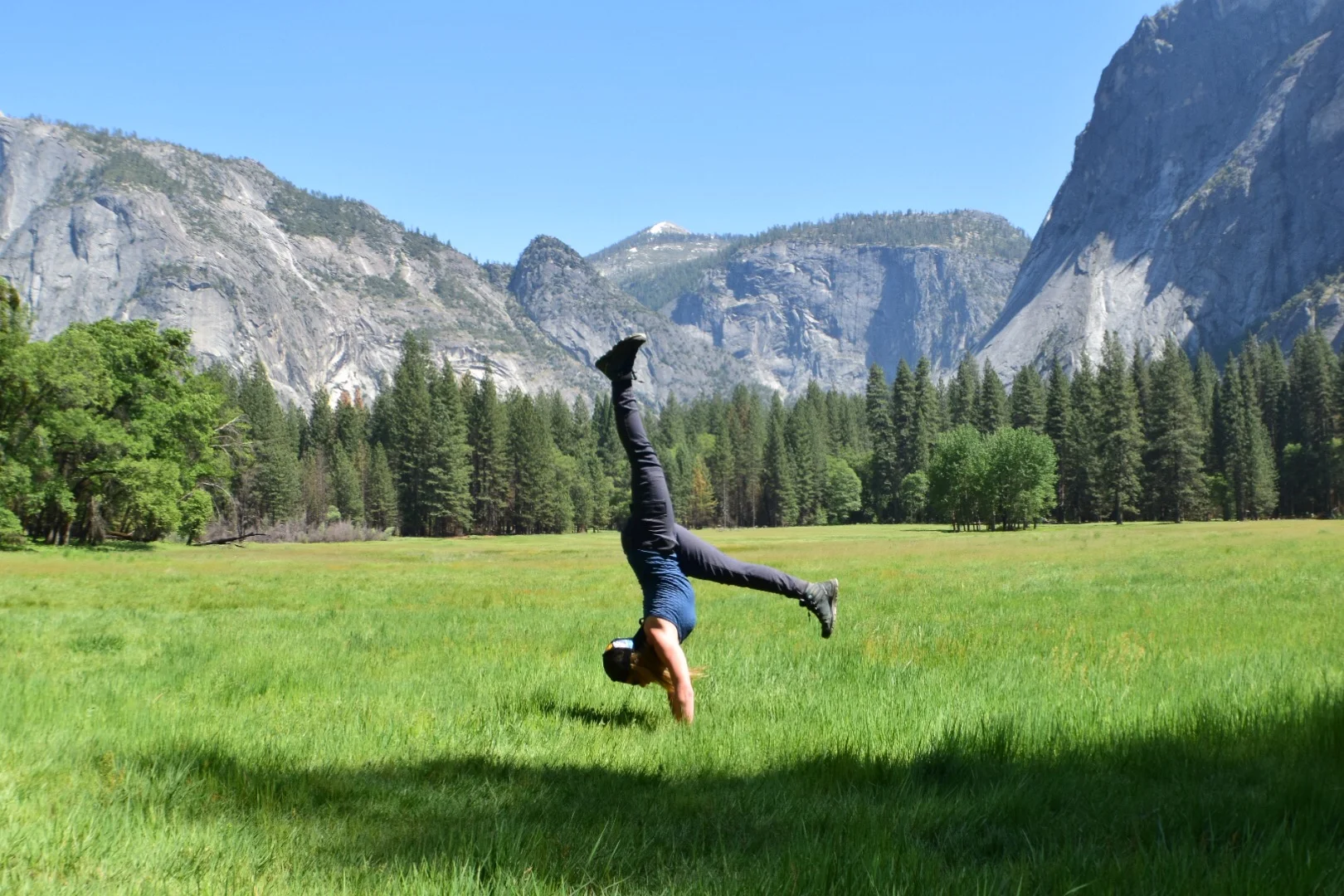5 Tips For More Resilience in 2020
"Our greatest glory is not in never falling, but in rising every time, we fall." ― Confucius
Something about the New Year feels like a new start and a clean slate. We are hopeful that in this new year, when confronted with adversity, that we will overcome what life throws at us! We develop New Year resolutions to become better versions of ourselves, and usually, we start strong. The strong start is essential. Our ability to be resilient down the road, even more so.
re·sil·ient
adjective
(of a person or animal) able to withstand or recover quickly from difficult conditions
How often do all of those intentions come to fruition? Why don't people follow through with their resolutions? Why do we get 'knocked off the wagon?' One guess, we need to strengthen our ability to be resilient! If we can overcome hardship, then we are more like to be successful in our long-term endeavors. Read on for 5 tips to be more resilient!
Connect
"One of the biggest predictors of faring well after adversity is having people who cared. One thing that resilient people do is seek support. Resilient people use other people — rather than not let themselves need them." -Meg Jay, Clinical Psychologists
As humans, we are social creatures. Connection and community is a powerful component of a balanced life. It takes effort, but make time for your loved ones and your social support system. It can be beneficial for you as the one in need as well as when you are the support!
Move Your Body
As a personal trainer, I am biased on how beneficial movement is for overall well-being! I'm not alone! Science demonstrates that moderate to intensive exercise is known to increase resilience.
Resilience is increased due to improving heart rate variability, the marker of vagal tone. Studies show that regular exercise in healthy adults, as well as adults with cardiovascular disease, helped to improve vagal tone. Angela Wilson recommends, "the workout doesn't have to be lengthy—just 20 minutes can have an impact."
Breathe Mindfully
One of the first concepts I teach my students and clients is that our breath is a vital link between our mind and body! A breath or pranayama practice is undoubtedly one of the best ways to improve the strength of the vagus nerve, a measure of one's resiliency.
Mindful and deep breathing also works by tapping into the parasympathetic nervous system (PNS). PNS dominance allows us to experience our 'rest & digest' mode that is associated with lower heart rate, relaxed muscles, slower breathing, and a sense of calm. We can use our breath as a tool in times of stress as well as a regular practice to stay balanced.
Shift Your Perspective
Sometimes we can get stuck viewing our situation through a short-term lens. When we do this, it can seem like we are carrying the weight of the world on our shoulders! American Psychology Association recommends, "Try looking beyond the present to how future circumstances may be a little better." How will you feel after an hour, a day, a week, a month, or even a year?
Keep a long-term perspective. If you have trouble considering the bigger picture, it can be an excellent opportunity to review your goals, intentions, and broader 'why.' What are your goals in life? How is this instant just one small piece of the larger picture? How can these experiences be an opportunity to learn and progress?
Practice Self-Compassion
Often, we are so hard on ourselves. Self-criticism can be a standard narrative. How do you talk to yourself? Switching from self-criticism to self-compassion can make a huge difference in your outlook! Time magazine's special edition, The Science of Success, states, "people who display high levels of 'self-compassion' often score high on measures of well-being, and they also tend to motivate themselves in ways that help them achieve their goals."
One way to practice self-compassion is to think of how you would talk to your 5-year-old self. Instead of disappointment and criticism, we can learn to be kind to ourselves when things don't work out exactly as planned. As Jared Hamilton says, "Anything worthwhile is going to be a challenge. Your chance of being here are 400,000,000,000,000 (400 trillion) to 1 - you're already ahead!
As you cultivate self-compassion and continue to become more resilient, you will also become stronger, accompanied by a new sense of self-confidence!
Remember the self-compassion can include self-talk, nutritious food, movement, breath, rest, and whatever it is that helps you be the most balanced version of you!










